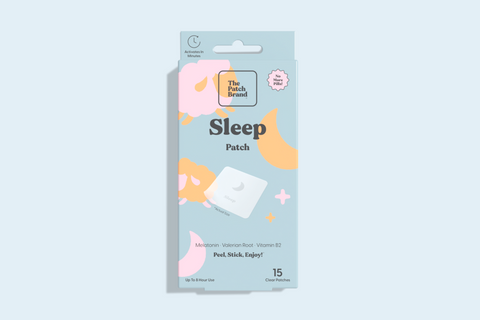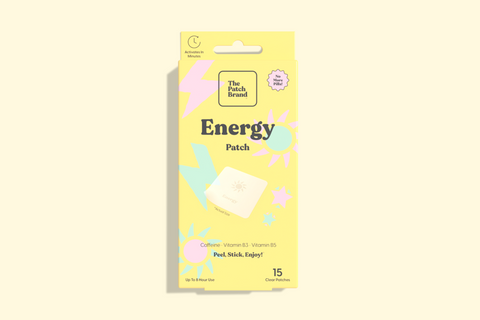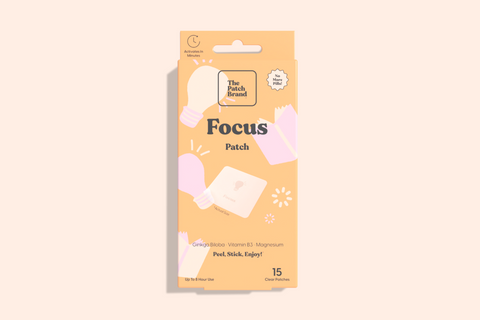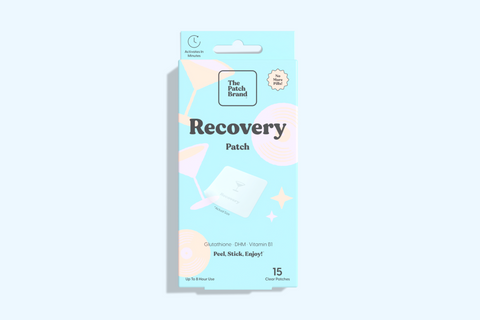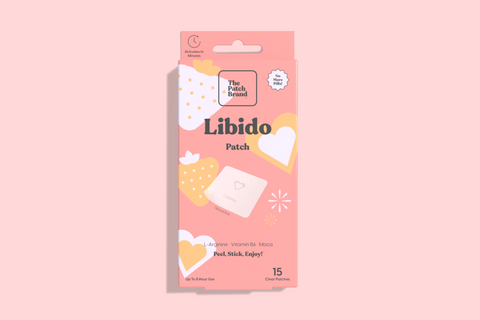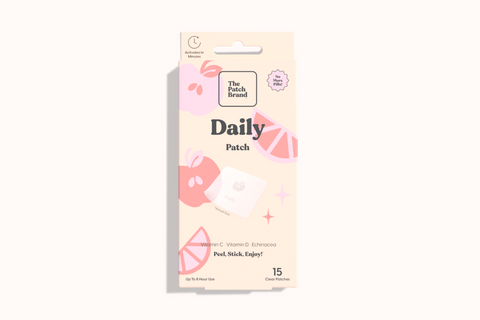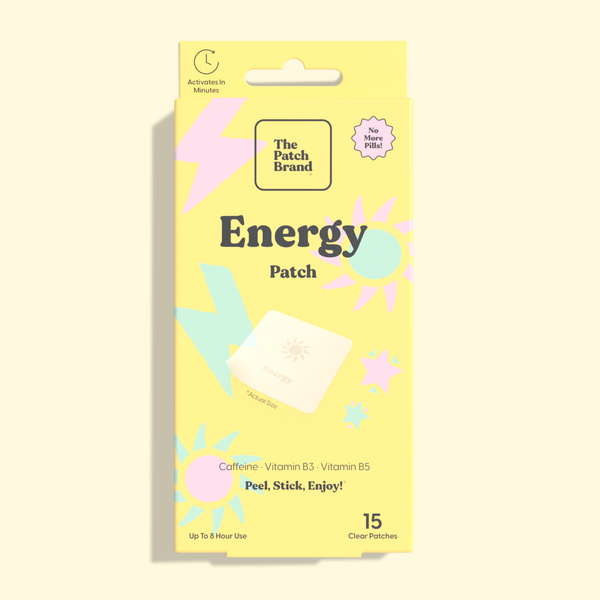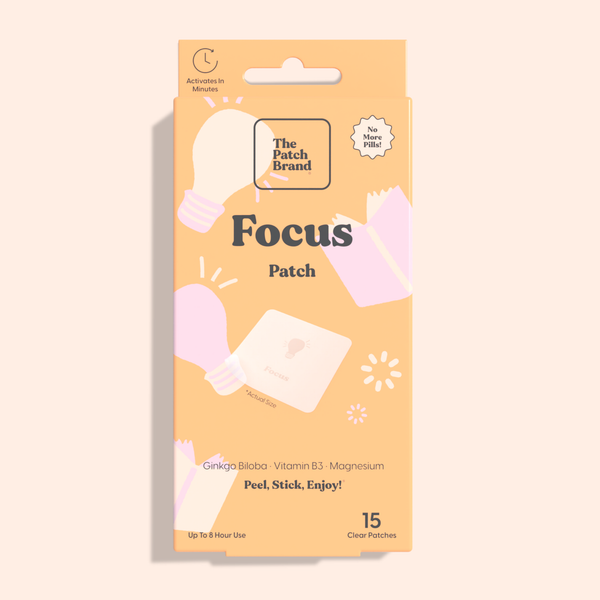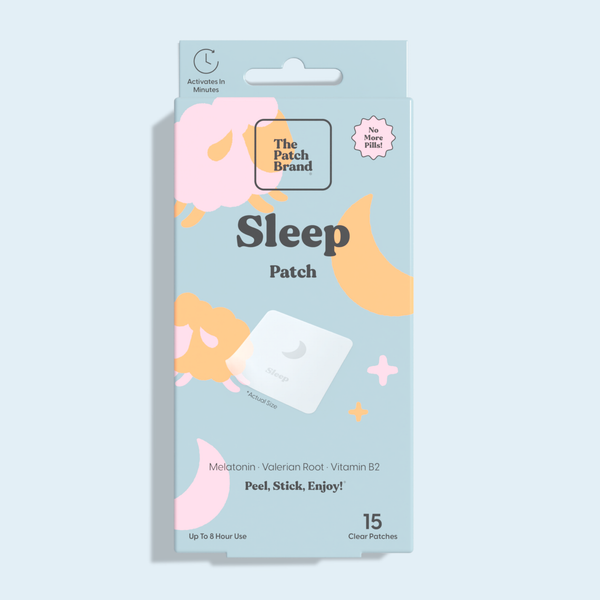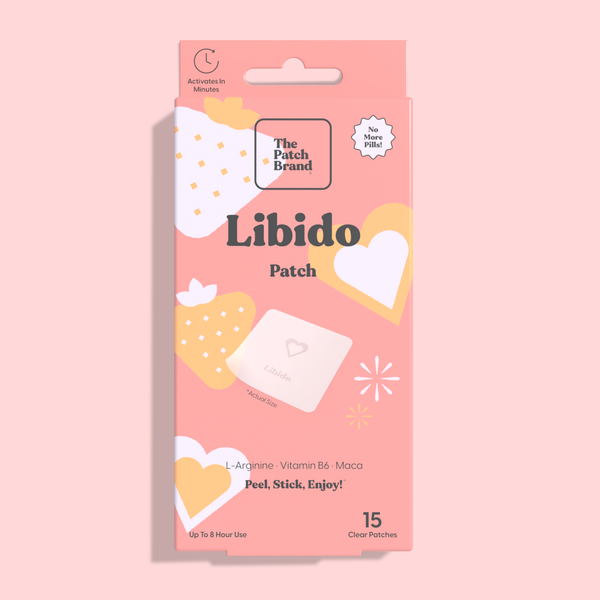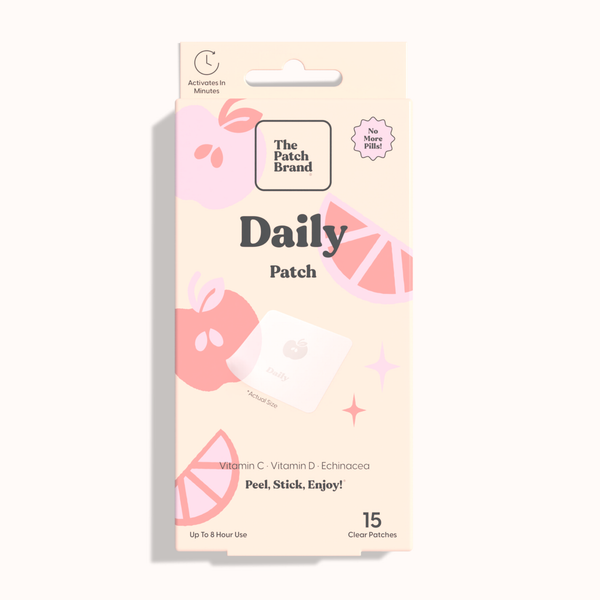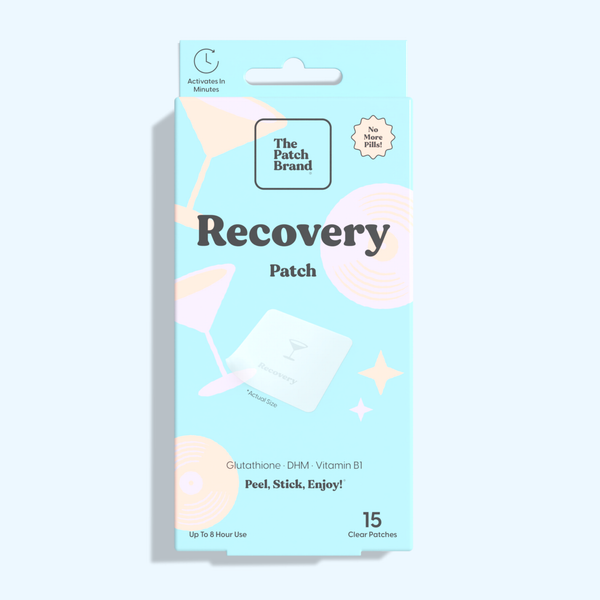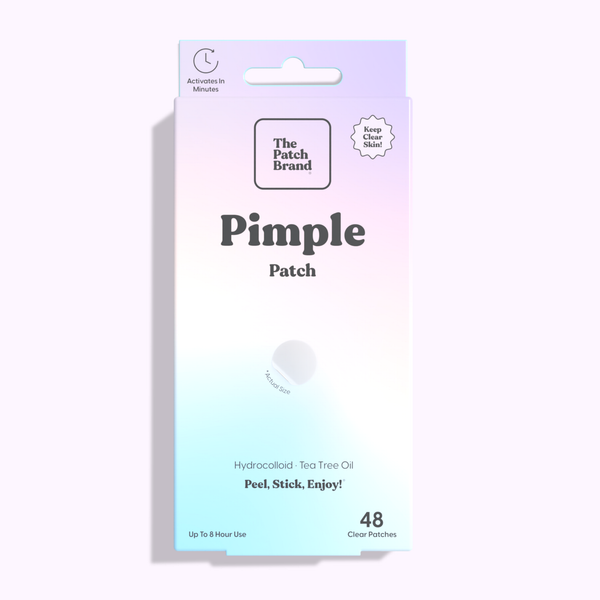In the bustling world we live in, keeping our brains sharp and our cognitive functions in tip-top shape is more important than ever. Among the various nutrients essential for brain health, omega-3 fatty acids stand out for their profound impact. The benefits of omega-3s are not just another health fad; they are well-supported by scientific research and are crucial for maintaining brain health and enhancing cognitive performance. These fatty acids are not just any nutrients; they are the building blocks that help our brain cells function optimally, supporting memory, focus, and overall mental clarity.
The Science of Omega-3 Fatty Acids
EPA and DHA
Omega-3 fatty acids, particularly eicosapentaenoic acid (EPA) and docosahexaenoic acid (DHA) are foundational in maintaining and enhancing brain health. EPA is distinguished by its potent anti-inflammatory properties, which are critical in mitigating inflammation within the brain. Inflammation is a known precursor to several cognitive impairments and neurological diseases, such as dementia and Alzheimer's disease. DHA holds a pivotal role as a primary structural component of the brain, specifically within the cerebral cortex. This fatty acid constitutes a substantial portion of the neuronal membranes, influencing fluidity and function. DHA facilitates the formation and maintenance of synapses, the crucial junctions through which neurons communicate.
The synergistic effect of EPA and DHA contributes to the regulation of neurotransmitters, which are chemical messengers that transmit signals between neurons. This regulation is crucial for maintaining mood balance and preventing conditions such as depression and anxiety.
Neuronal Structure and Function
These essential nutrients help maintain cell membranes' fluidity, which is critical for the neurons' ability to communicate with each other. This communication is the foundation of all cognitive processes, including thinking, learning, and memory. By enhancing membrane fluidity, omega-3s contribute to more efficient signal transmission between neurons, therefore improving focus with diet and enhancing overall brain function.
Preventing Cognitive Decline
Preventing cognitive decline is one of the most significant benefits of fatty acids for the brain. As we age, our brain's ability to maintain its structure and function diminishes, leading to a natural decline in cognitive abilities. A diet high in omega-3 fatty acids can slow down this process. As emphasized before, by supporting neuronal health and reducing inflammation, omega-3s for brain health play a critical role in maintaining cognitive function well into old age, offering a natural means to keep our minds sharp and our memories clear.
Natural Sources of Omega-3s
Fatty Fish
Incorporating specific types of fish into one's diet can be an effective and natural method to increase omega-3 fatty acid intake. The following list details some of the best fatty fish to consider for their high omega-3 content, among other nutritional benefits:
-
Salmon: Often hailed as one of the best sources of DHA, salmon stands out in the realm of fatty fish for its remarkable contribution to brain health. The DHA found in salmon plays a pivotal role in the structure and function of brain cells, facilitating the efficient transmission of signals between neurons. This not only supports cognitive functions such as memory and learning but also contributes to the overall maintenance of mental health. Regular consumption of salmon can be a cornerstone of a diet aimed at bolstering brain function and preventing cognitive decline.
-
Mackerel: This oily fish is not only abundant in omega-3 fatty acids but is also rich in essential nutrients like vitamins D and B12. Vitamin D has been linked to neuromodulation and the maintenance of neurological health, while vitamin B12 is crucial for the formation of red blood cells and the functioning of the brain and nervous system. Mackerel's high content of these vitamins, combined with its omega-3 fatty acids, makes it a formidable food choice for enhancing brain function and protecting against cognitive impairment as one age.
-
Sardines: Despite their small size, sardines pack a substantial nutritional punch, being one of the most concentrated sources of EPA and DHA omega-3 fatty acids. These components are vital for maintaining the fluidity of cell membranes and supporting healthy brain function. Additionally, sardines are among the few foods that naturally contain significant amounts of vitamin D, which is essential for bone health and has been shown to play a crucial role in neuromodulation. Incorporating sardines into your diet supports your brain and contributes to overall health and wellness.
Choosing to include these fatty fish in your diet can be a simple yet effective strategy for enhancing your intake of omega-3 fatty acids and other critical nutrients. By selecting these seafood options, individuals can enjoy a range of delicious and healthful meals that contribute significantly to maintaining a sharp and resilient mind.
Nuts and Seeds
Nuts and seeds are not just crunchy snacks; they're nutritional powerhouses that provide a healthy dose of omega-3 fatty acids, particularly ALA (alpha-linolenic acid), which can be converted into EPA and DHA in the body. Flaxseeds and walnuts stand out in this category for their significant omega-3 content. Flaxseeds, for instance, are one of the richest plant-based sources of ALA. They can be easily incorporated into your diet, whether sprinkled over salads, blended into smoothies, or mixed into baking recipes. Their ability to improve cognitive function naturally, alongside their versatility in the kitchen.
Walnuts, with their distinctive brain-like appearance, are not only symbolic of brain health but are also packed with ALA. Regular consumption of walnuts has been linked to better memory and faster processing speed, underscoring their role as brain-boosting foods. They can be enjoyed as a snack, added to oatmeal or yogurt, or used as a crunchy topping for salads and baked goods.
Plant Oils
For those who prefer oil form, flaxseed oil and canola oil are excellent sources of omega-3s. Flaxseed oil, derived from the seeds of the flax plant, is rich in ALA and can be used as a salad dressing or added to smoothies for a nutritional boost. Canola oil, another good source of ALA, is versatile for cooking and baking, making it easy to incorporate into various dishes. These oils offer a convenient way without significantly altering your diet.
Supplements and Innovative Delivery Methods
Fish Oil Capsules
These capsules allow for easy measurement of daily intake, ensuring that individuals can consistently meet their omega-3 requirements for brain health. The convenience of fish oil capsules has contributed significantly to their popularity among those looking to enhance cognitive function and mental well-being through diet. As research continues to highlight the importance of omega-3s in fish oil, the demand for high-quality capsules has grown, with consumers seeking products that deliver the maximum benefit.
Focus Vitamin Patches
An innovative approach to omega-3 supplementation is the use of
focus vitamin patches infused with omega-3s. Focus vitamin patches are designed to slowly release omega-3 fatty acids over several hours, providing a steady supply of these vital nutrients throughout the day. This method of supplementation is particularly appealing to those who may have difficulty swallowing pills or who experience gastrointestinal discomfort from traditional fish oil capsules.
Evaluating the Efficacy of Different Supplement Forms
Traditional capsules have long been the cornerstone of dietary supplementation, offering a reliable means to deliver essential nutrients. Capsules are favored for their precise dosage, ease of storage, and the ability to combine multiple nutrients in a single intake, making them a straightforward choice for those looking to support their health through supplementation.
However, the landscape of dietary supplements is evolving, with innovative delivery methods like focus vitamin patches emerging as a novel alternative. These patches, applied directly to the skin, are designed to deliver nutrients transdermally, or through the skin, offering a unique set of advantages. One of the primary benefits touted by proponents of vitamin patches is the potential for improved absorption. Unlike oral supplements, which must navigate the digestive system where acids and enzymes can affect their potency, transdermal patches allow for direct absorption into the bloodstream.
Dosage and Selection of Fish Oil Supplements
Not all supplements are created equal, and certain key factors should guide your selection process. The considerations listed below highlight the most important attributes to look for in a fish oil supplement, ensuring you make an informed choice that aligns with both health goals and ethical standards:
-
Purity: Ensuring the purity of a fish oil supplement is paramount to avoid the intake of harmful substances such as heavy metals, PCBs, and other environmental contaminants. Supplements that have undergone rigorous testing and certification by third-party organizations offer a guarantee that they are free from these harmful compounds. By selecting a pure fish oil product, you protect yourself from potential toxins and ensure that the supplement contributes positively to your health without unintended risks.
-
Concentration: The concentration of EPA and DHA in fish oil supplements can vary significantly between products. Choosing a supplement with a high concentration of these omega-3 fatty acids means that you can achieve the desired health benefits with fewer servings. This not only makes the supplement more cost-effective but also simplifies the regimen, making it easier to incorporate into your daily routine. High-concentration products provide a more potent dose of omega-3s.
-
Form: Fish oil is available in several forms, including triglycerides, ethyl esters, and phospholipids. The form of fish oil can affect its absorption and efficacy in the body. Triglyceride-form fish oil is closer to the natural structure of fats found in foods, making it more easily absorbed and utilized by the body. Opting for this form can enhance the bioavailability of the omega-3 fatty acids, ensuring that you reap the maximum benefits from your supplement.
-
Sustainability: The environmental impact of fish oil production is a significant consideration. Choosing supplements sourced from sustainable fisheries helps protect ocean ecosystems and ensures the long-term viability of fish populations. Look for certifications and sustainability claims on the packaging that indicate the brand is committed to responsible sourcing practices. By prioritizing sustainability, you can contribute to the health of the planet while benefiting from the nutritional value of fish oil.
Selecting the right fish oil supplement involves more than just picking any bottle off the shelf. By paying attention to purity, concentration, form, and sustainability, you can ensure that your choice not only supports your personal health goals but also aligns with broader environmental standards. This careful selection process ensures that the cognitive benefits of fish oil supplementation are realized fully and responsibly.
A Holistic Diet for Brain Health
The Role of a Balanced Diet
A balanced diet rich in a variety of nutrients plays a pivotal role in supporting brain health. This includes a wide array of vitamins, minerals, antioxidants, and other phytonutrients that work synergistically. Key components of a brain-healthy diet include colorful fruits and vegetables, whole grains, lean proteins, and healthy fats, which together provide the nutritional foundation necessary for optimal cognitive performance and resilience against neurological decline.
Integrating Nutritional Changes
Making conscious choices about food intake, prioritizing nutrient-dense options, and minimizing processed and sugary foods can lead to noticeable improvements in mental clarity and memory. Integrating these nutritional changes gradually allows for sustainable improvements in diet and lifestyle. By embracing a comprehensive dietary strategy, individuals can maximize their cognitive potential and support brain health throughout their lives.
Lifestyle Modifications
The Impact of Physical Exercise
Physical exercise stands as a fundamental pillar not only for physical well-being but also as a crucial component of brain health. One of the primary mechanisms through which physical activity benefits the brain is the stimulation of neurotrophic factors, with brain-derived neurotrophic factor (BDNF) being among the most significant. BDNF plays a vital role in neuroplasticity, the brain's ability to form new neural connections throughout life. Moreover, exercise facilitates increased blood flow to the brain. This augmentation in cerebral blood flow enhances the delivery of oxygen and essential nutrients, which are vital for maintaining the energy demands of the brain. Enhanced blood flow also aids in the removal of toxins and waste products from brain tissue.
Physical activities such as walking, swimming, and cycling are particularly beneficial in this regard. These activities are not only accessible to a wide range of individuals, regardless of age or fitness level, but they also offer the flexibility to be tailored to individual preferences and capabilities. Regular engagement in these forms of exercise has been shown to significantly boost cognitive abilities and provide a protective effect against age-related cognitive decline.
Importance of Adequate Sleep
During sleep, the brain undergoes processes crucial for memory consolidation, learning, and emotional regulation. Lack of adequate sleep can impair cognitive abilities, reducing attention span, problem-solving skills, and the capacity for critical thinking. Ensuring a regular sleep schedule and creating a restful sleeping environment are vital steps toward maintaining mental clarity and enhancing cognitive function.
Regular Health Check-Ups
Health professionals can offer guidance on diet and supplementation to ensure optimal levels of omega-3 fatty acids, which are essential for brain health. Regular check-ups also provide an opportunity to assess overall health and identify any issues that could affect cognitive abilities, allowing for timely intervention and management.
The pursuit of improved cognitive function naturally is a multifaceted endeavor, requiring dedication and a commitment to lifestyle changes that foster a healthy, vibrant mind. By incorporating the insights and strategies outlined throughout this exploration, individuals can unlock the full potential of omega-3 fatty acids and embark on a path toward overall well-being. Embracing the synergy between diet, supplements, and lifestyle modifications offers the most effective route to achieving and maintaining the mental clarity and focus necessary for navigating the complexities of modern life.



